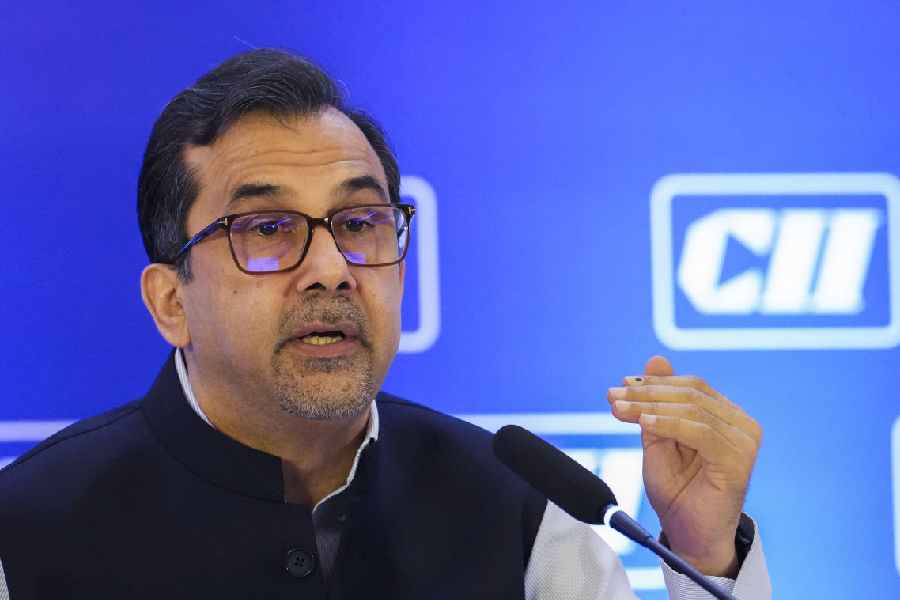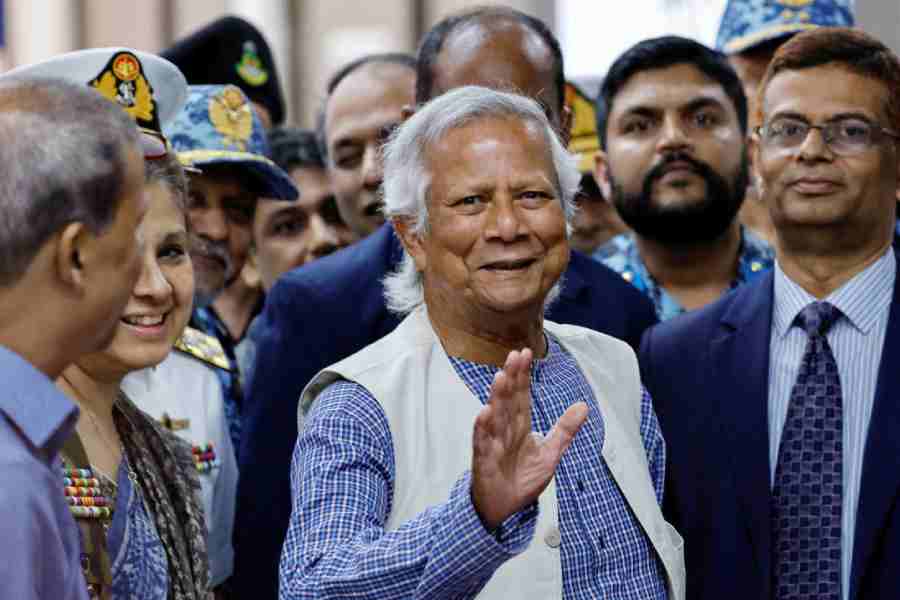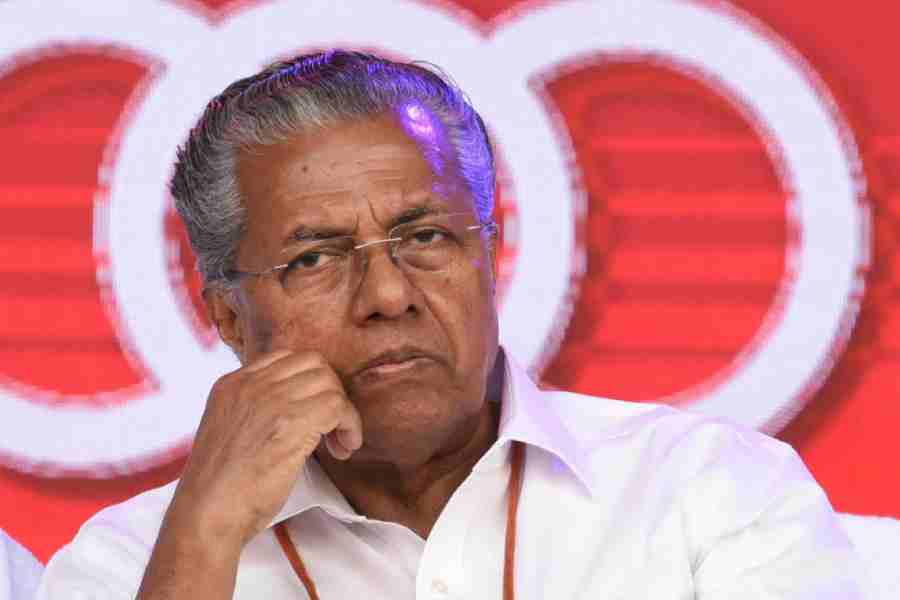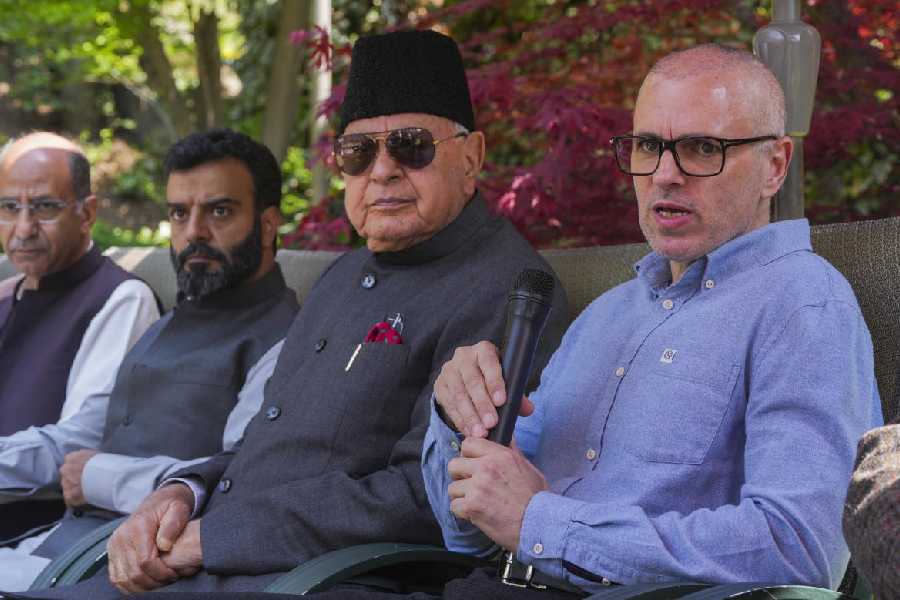Representatives from industry bodies sought reduction in personal income tax rates to ensure higher disposable income in the hands of the middle class, reduction in excise duty on fuel and measures to provide impetus to employment-intensive sectors in their customary pre-budget meeting with the finance minister on Monday.
Industry bodies also raised the issue of dumping of excess stock by China globally,
including in India, and challenges posed to food security and inflation due to the “climate emergency”, during the fifth pre-Budget consultation meeting. The 2025-26 Union Budget will be presented on February 1.
Apart from the finance minister, the meeting was attended by finance secretary of DIPAM (Department of Investment and Public Asset Management), Secretaries of the Department of Economic Affairs and the Chief Economic Adviser to the Government of India, among others.
Speaking to the media after the meeting, CII president Sanjiv Puri said while the Indian economy is doing very well, globally there are a lot of challenges.
“We are seeing dumping of a lot of products (by China) into various parts of the world, including India. We also have the issue of climate emergency, which, besides other things, also impacts food and nutrition, (food) security and inflation. In this context we have made several suggestions and ideas”.
He said the CII has sought measures to provide impetus to areas that have large employment potential like garments, footwear, tourism, furniture, among others, apart from making suggestions for MSMEs and integrating India into global value chains.
“From a perspective of boosting consumption, we have suggested that there be some relief provided to income tax up to a ₹20 lakh on the marginal income tax rate so that it boosts consumption, there is more disposable income and in turn also leads to buoyancy in revenues.
“We have also suggested that excise on petroleum be reduced a little, that will also provide higher disposable income and contribute to a virtuous cycle in the hands of the consumers,” Puri said.
Industry bodies, including PHD Chamber of Commerce and Industry (PHDCCI), urged the government to scrap STT. With STT collections amounting to ₹40,114 crore between April 1 and December 17 of the current fiscal year, stakeholders argued that removing this levy would reduce the tax burden on investors and encourage equity market participation.










